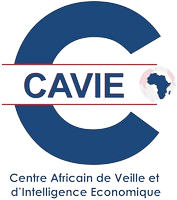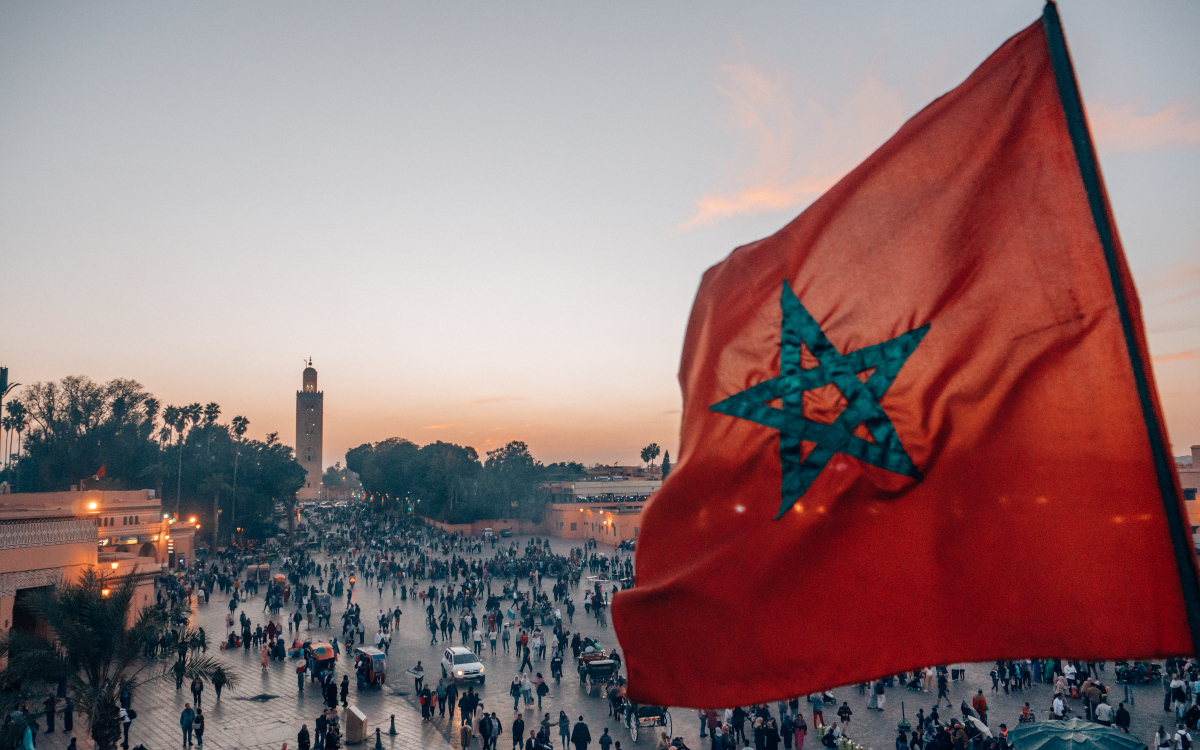[ACCI-CAVIE] Capturing the attention of world opinion while maintaining smooth public diplomacy is no easy task. Yet the kingdom is doing rather well, not only by winning the most coveted posts in international bodies but also by enhancing the country’s image in the concert of nations. Here, we take a look at a public diplomacy that no longer skimped on the resources deployed to promote soft power.
Even though Moroccan diplomacy is deeply rooted in a complex and fascinating history spanning almost a thousand years, the Kingdom has never been so highly regarded by international organisations and the citizens of other nations. Not a single application submitted by a Moroccan personality has been put aside, and the Ministry of Foreign Affairs, African Cooperation and Moroccans Resident Abroad, which boasts about this, has every reason to be proud, because the 46 applications from Moroccan diplomats for positions of responsibility within international and regional organisations approved in this year of 2023 are a clear demonstration of “respect, the respect, credibility and confidence inspired by King Mohammed VI’s lofty vision of multilateralism based on solidarity and pragmatism within the international community, in the context of major global challenges”, in the words of officials in Nasser Bourita’s department.
The first that springs to mind is Omar Hilale, who won the Vice-Presidency of the 78th session of the UN General Assembly despite the obstacles put in the way by Algerian diplomats, who mobilised every conceivable lobby to prevent the Moroccan Ambassador from winning this post for 2024. We could also mention Professor Jalal Taoufik, who was elected President of the Commission on Narcotic Drugs and the International Narcotics Control Board, and Azeddine Farhane, President of the Commission on Crime Prevention and Criminal Justice, Abderrahman Tlemçani will become a member of the Committee on the Elimination of Racial Discrimination (CERD) for the first time, for the period 2024-2027, and Mohamed Charef will sit on the Committee on the Rights of Migrant Workers (CMW) and the Advisory Committee of the Human Rights Council, to name but a few.
Between New York, Geneva and Vienna, the Kingdom is making a name for itself in most international bodies, and this unprecedented offensive does not come out of nowhere. Behind this undeniable success lies a vision driven by the Head of State, who has made Morocco a country to be reckoned with from now on.
Leading specialists in international diplomacy distinguish between three approaches used by states to gain a place of choice in the concert of nations: coercion, which involves the use of military force; the incitement or rewarding of foreign players; and persuasion, which is supposed to lead to attraction. It would appear that it is this last strategy, which consists of a country using its “soft power”, that the Sovereign has chosen to carry Morocco’s voice as far as possible.
A soft power that owes much to a proactive policy orchestrated by the State, but which also makes use of the commitment of many non-state players who contribute, through various actions, to forging an attractive national model. Everyone remembers the international enthusiasm and interest aroused by the Atlas Lions’ performance at the World Cup in Qatar, without there being any rational or calculated act to attract the sympathy of the crowds. While stars, intellectuals and footballers, especially the most renowned among them, contribute to Morocco’s soft power, thanks in particular to their own financial resources, the quality of their work and the dynamism of their networks, a country’s attractiveness depends to a large extent on the proactive actions of the State, which contributes, through targeted actions, to forging a precise model of “diplomacy of influence”.
And this is where Mohammed VI’s genius comes into play, as he has radically changed the way the kingdom’s foreign policy is implemented by developing a novel approach to international relations that goes beyond traditional diplomacy and includes the interest of public opinion in other countries, interaction with private groups and interests active in foreign powers, such as the powerful Moroccan Jewish community, and effective communication of Morocco’s foreign policy. However, this “public diplomacy”, which aims to become a “diplomacy of influence”, has a cost, and it will not have escaped the informed observer that the Foreign Affairs budget has regularly and sharply increased since the Sovereign’s accession to the Throne. To support King Mohammed VI’s vision, which can be summed up as promoting the Moroccan model and Morocco’s image abroad, we learn from the presentation note accompanying the draft Finance Act that the MFA has earmarked a budget of DH19,500,000, which will be allocated entirely to financing the diplomatic action programme of its diplomatic missions and the Kingdom’s consular centres abroad. Moroccan diplomacy’s priorities and projects for 2024 are no secret.
By AB


